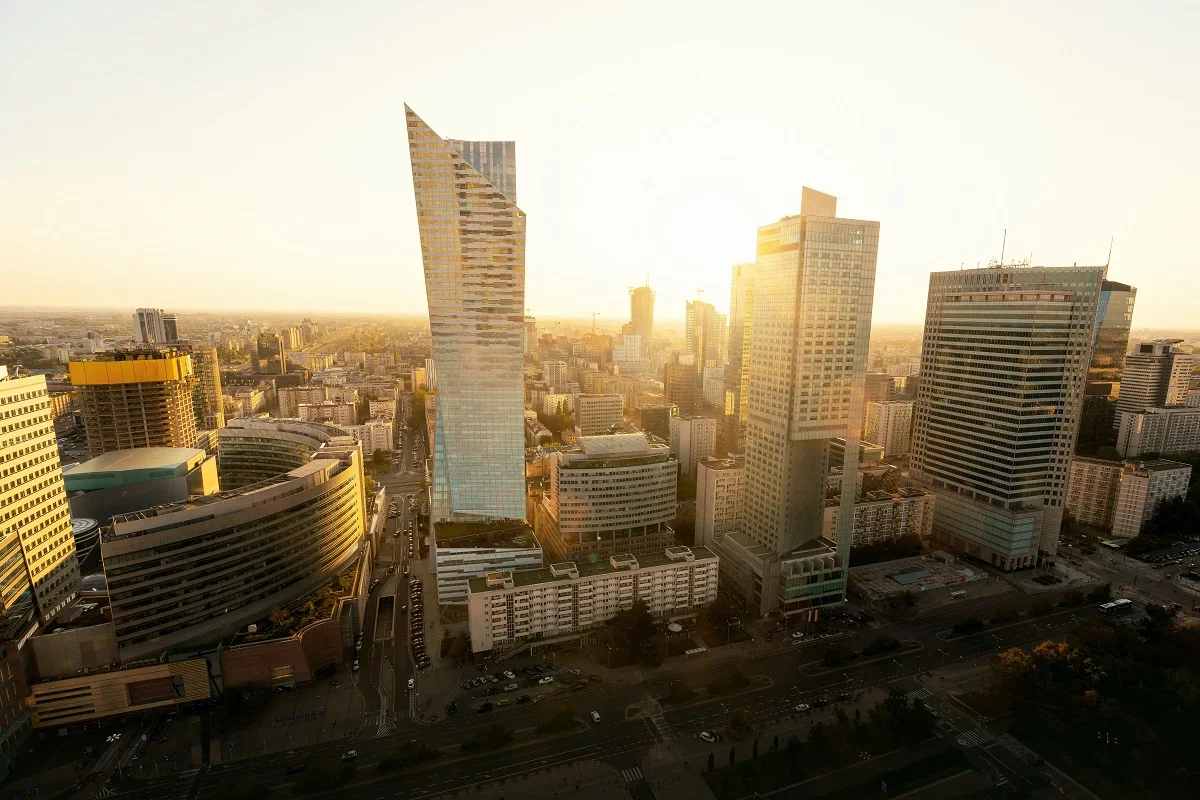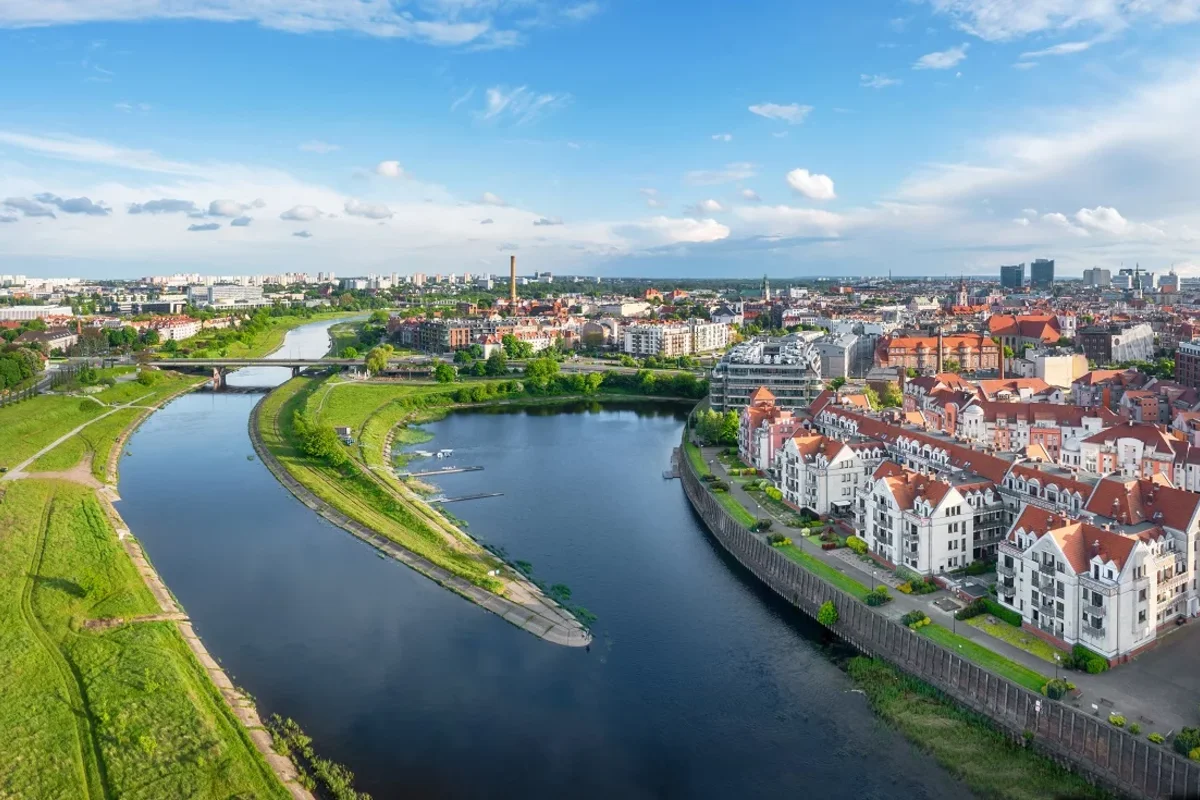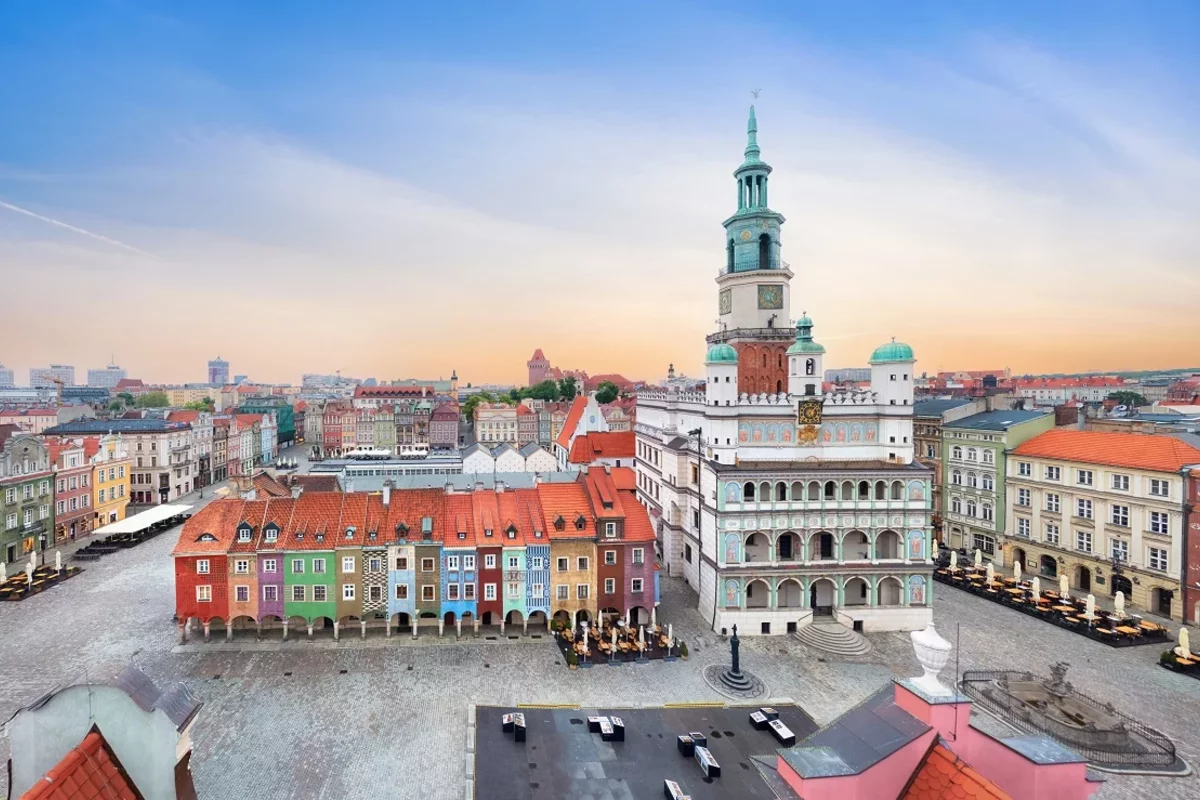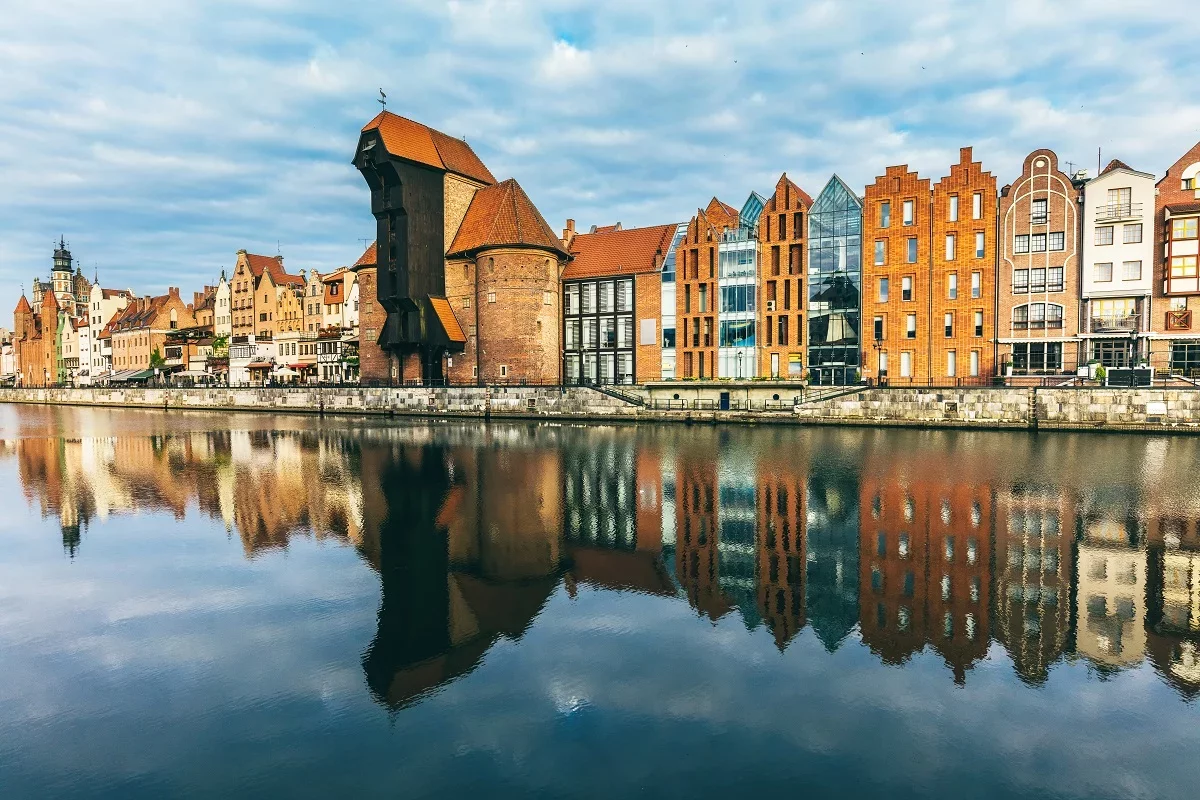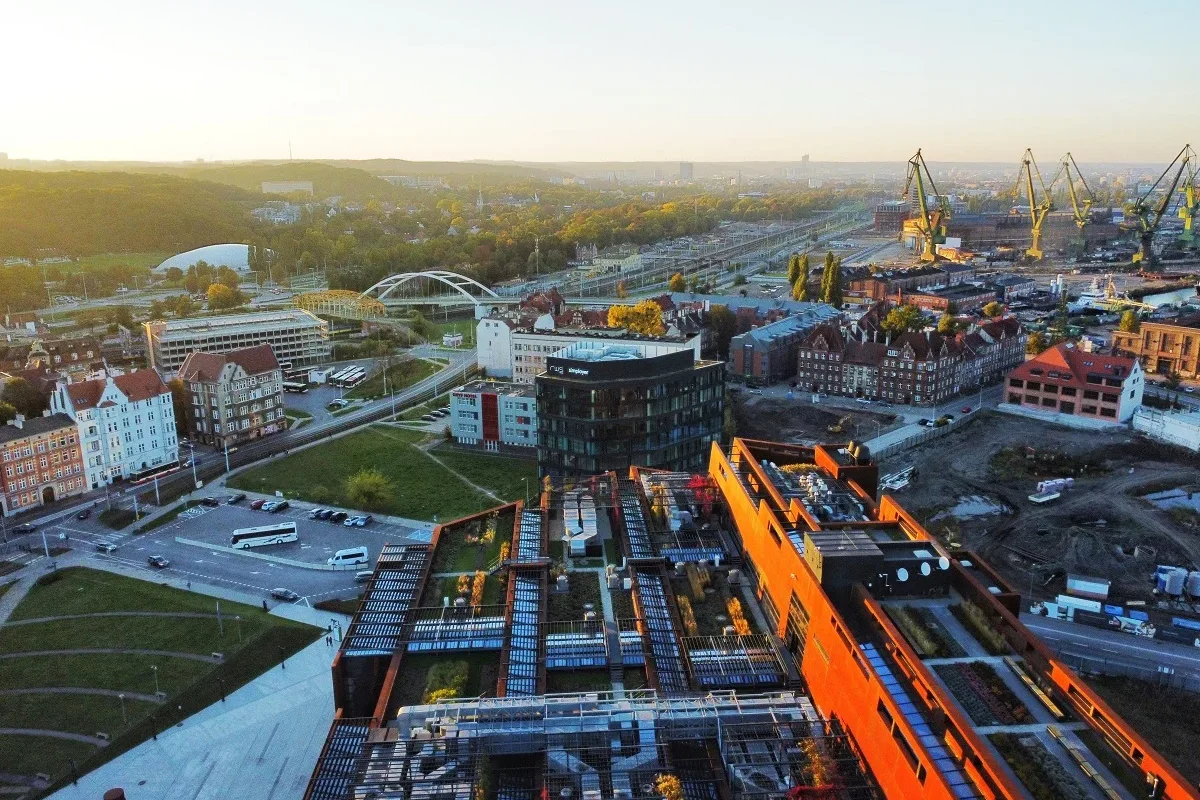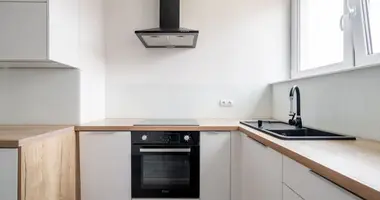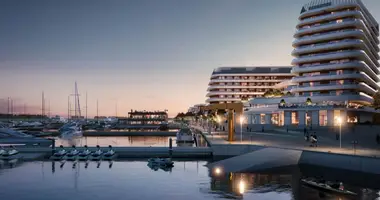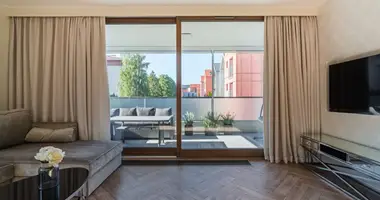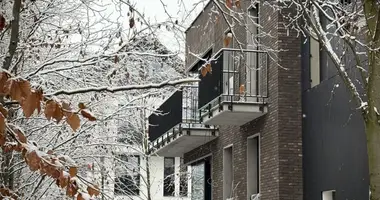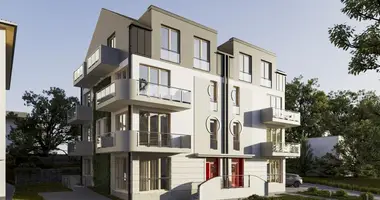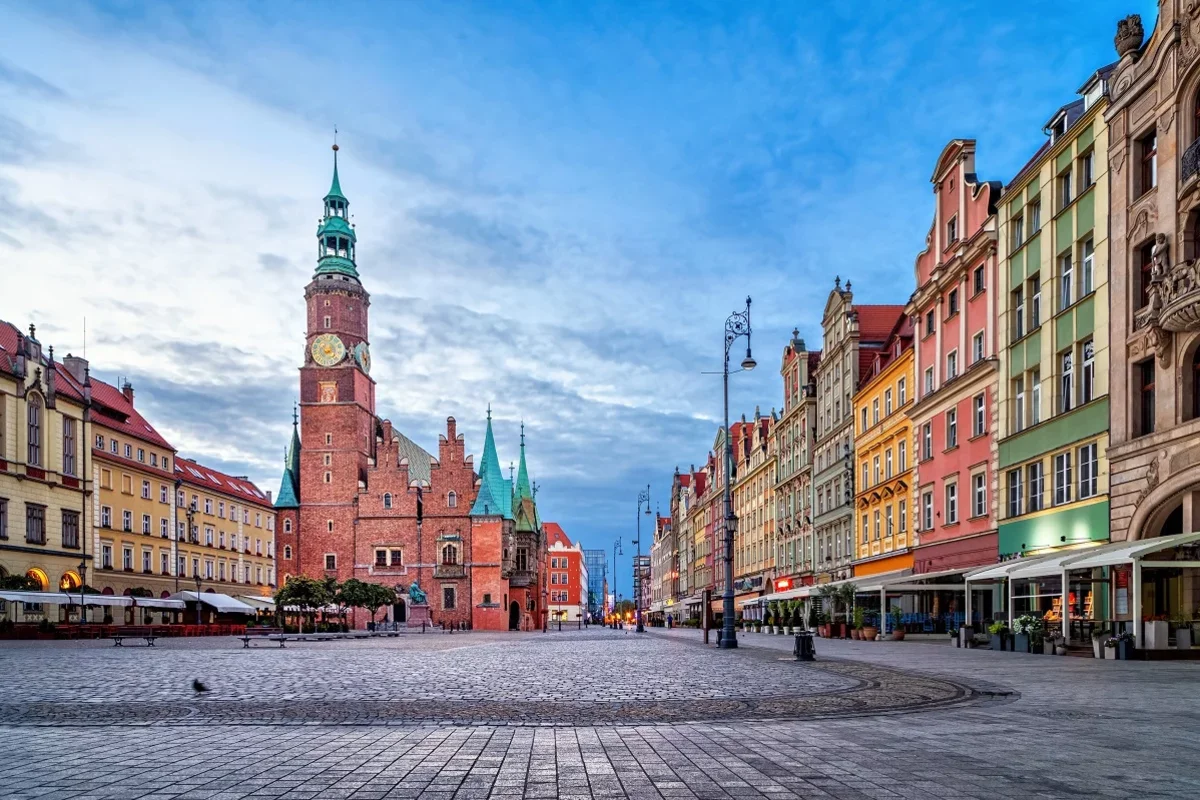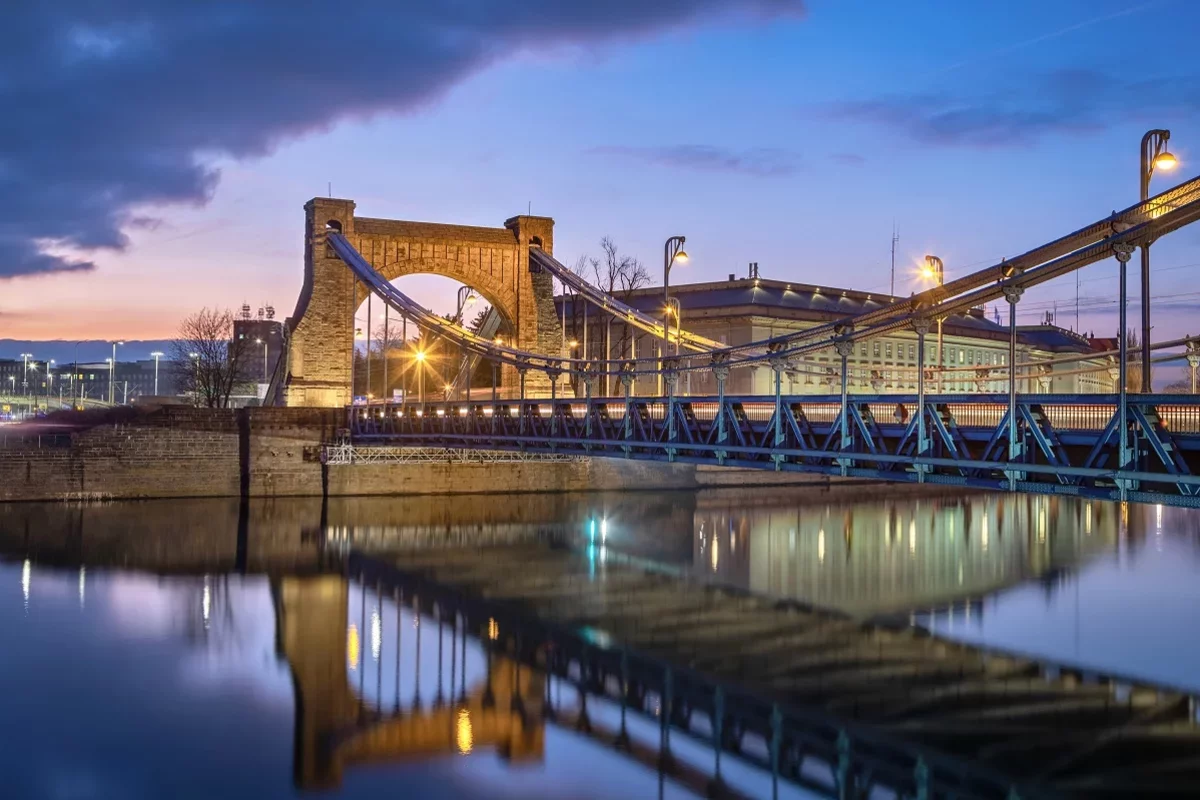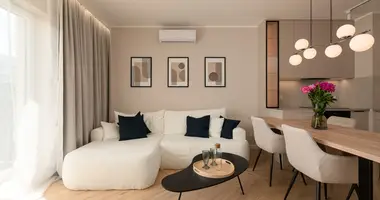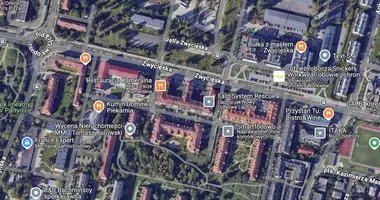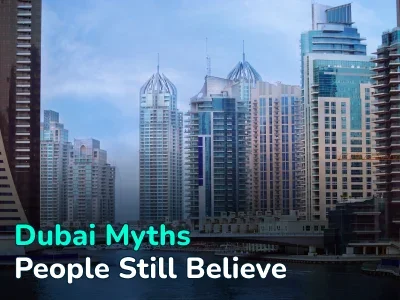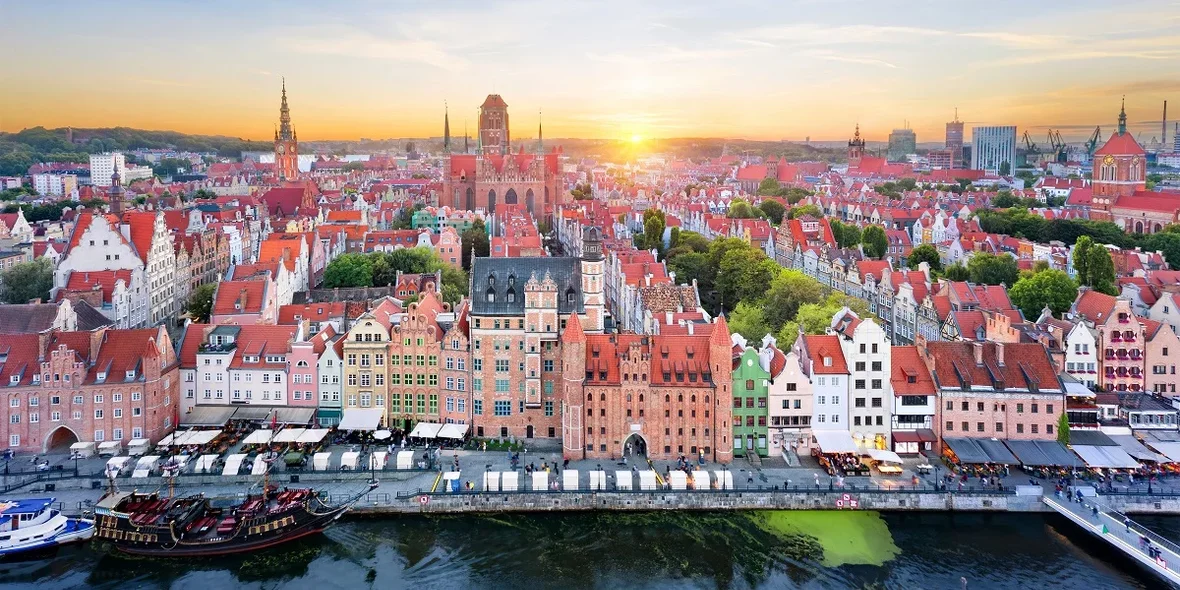
Top 5 Cities to Live in Poland: Where to Move and What to Know
There are 964 cities in Poland, but not all of them you will want to settle down in. From this large list, we selected the top 5 Polish cities and found out by what they are attractive to live in and by what not so much.
Poland is a top immigration destination (especially among Belarusians and Ukrainians). Yes, this country has a lot to offer, but when thinking about moving, you need to consider which Polish city is right for your relocation and permanent residence.
We have highlighted the top 5 cities in Poland (Warsaw, Poznan, Gdansk, Krakow, Wroclaw) and made a big review of each of them. In this article you will see not only «dry» facts, but also non-obvious advantages and disadvantages of each city based on the personal experience of people who «moved there».
Warsaw
We begin our review with the capital of Poland and the most expensive place to live in this country — Warsaw. It is also called the «City of Phoenix» because Warsaw has been destroyed and rebuilt more than once.
Warsaw is a modern European city with diverse architecture and more than 1.8 million people. Winters here are cold, but we suspect the capital’s bustle and lively evenings will add plenty of warmth to your weekdays.
The average salary in Warsaw has increased and now stands at about 7,000 PLN gross (approximately $1,600–1,700) per month. Renting a one-bedroom apartment in the city center costs between 2,500 and 3,000 PLN ($600–720), which roughly equals $800–1,000 per month including utilities. Housing prices remain among the highest in Poland, though a slight decrease in real estate prices has been observed in 2025.
Warsaw continues to develop as an IT hub, attracting young professionals. The city is expanding its electric bus routes and bike lanes, and electric scooters are becoming increasingly popular.
Warsaw remains a major center for migrants from Ukraine and Belarus, which affects housing demand and social infrastructure.
A twist of the city. Warsaw has a Google campus, a free co-working space favored by digital nomads.
This is what Marina told us about life in Warsaw after living in this town for a year and a half:
— Warsaw, in fact, is very different: there are districts with panel buildings from Soviet times, miserable yards and broken playgrounds, and there are districts with super-modern apartment complexes with areas closed off from cars and amazing playgrounds. It happens that such a fancy apartment complex is built right in the «old» neighborhood, and it’s sometimes very surprising. We live in the neighborhood of Żoliboż — there are a lot of greenery, small parks and beautiful alleys; there are also plenty of stores and café-restaurants. All in all, I like it.
The system of public transport in Warsaw is very well-developed — it is very convenient to move around the city by streetcars and electric scooters. You need your own car when shopping for groceries or going to the countryside. The constant rush-hour traffic jams quickly discourage you from driving to work by car.
Another advantage of Warsaw, I would call the possibility of recreation for every taste and purse: there are sports centers, parks, free and paid rides, water parks and swimming pools, bars, cafes, restaurants, etc.
It’s also worth mentioning the dog owners: there are a lot of them here, and it’s a great way to socialize with the locals. Dog owners are eager to get in touch, it’s easy to get acquainted and practice learning Polish. The people are generally friendly — I encountered outright negativity only once at a doctor’s appointment. And even then, the main problem was that the doctor wanted me to speak Polish, and a month after my arrival, it was quite difficult.
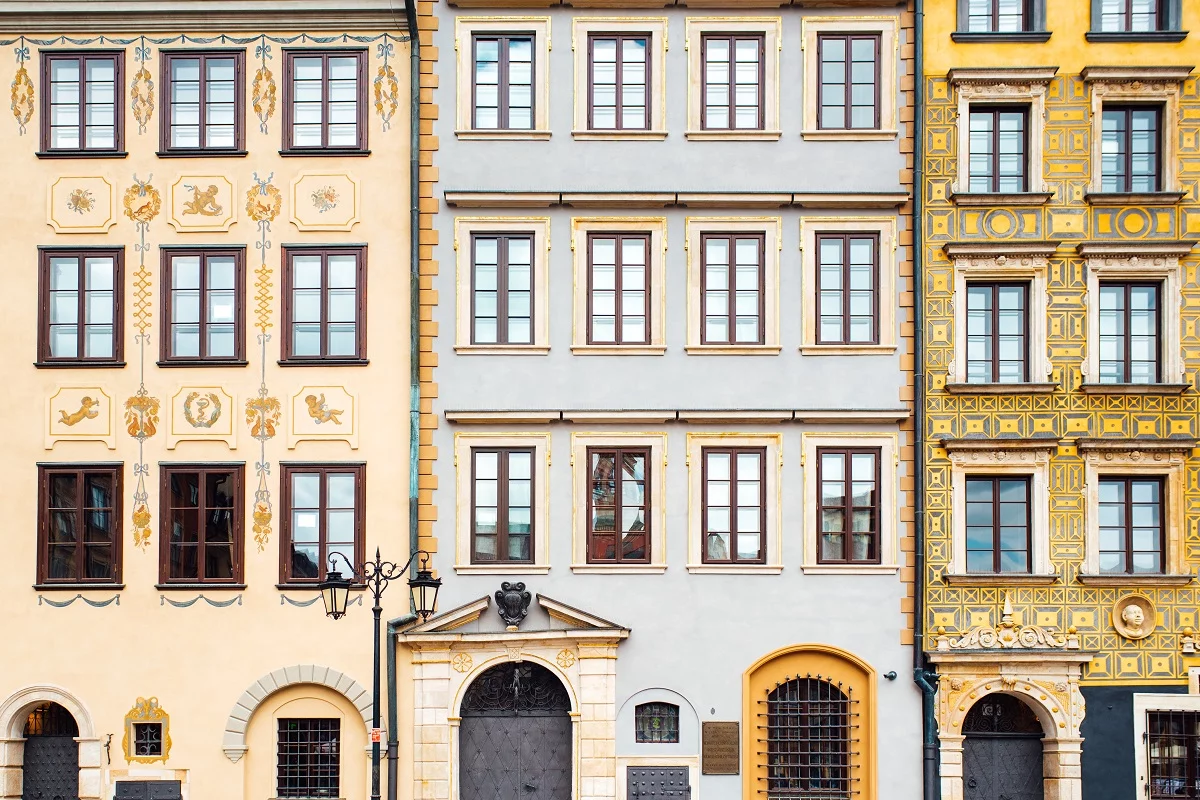
In the category of disadvantages, I would include apartment rental prices. Objectively, for a family with two children and a dog, renting would cost at least $1000 to $1200 per month.
Another minus (but it is related to the current situation) is the difficulty in getting a child into school/daycare. Daycare here is not compulsory, so finding a place in the state one proved to be a real problem. We ended up paying $500 a month for our daughter’s daycare.
And the main disadvantage (but this is not about the city, but about life in general) is bureaucracy. Here for each step there must be a document, and preferably more than one. Because of ignorance of all the laws in these documents you can really get lost. We often had the situation that we were drawing up something not in the right way, or in the wrong time, or even learned about some required documents after the fact — and frantically ran to do them.
In summary, I like Warsaw. The city sometimes reminds me a lot of Minsk: the space, the buildings, the people.
Actual residential properties in Warsaw
Poznan
Poznan is something in between a big city and a small town, so here you can strike the right balance between fun and earthiness. When you move here, you’ll live among Renaissance buildings, picturesque parks, and modern conveniences. And from Poznan, it’s easy to travel to other countries, as the city is located in the west of Poland. For example, you can get to Berlin in just two hours.
The average salary in Poznan is about 5,200 PLN gross (around $1,250) per month. Renting a one-bedroom apartment starts at 1,500 PLN ($360), with utilities bringing the total to about $450–550 per month.
The city is implementing programs to improve air quality and combat smog, including upgrading heating systems and expanding green spaces. Public transport is developing with new bike lanes and electric buses being introduced.
Poznan continues to strengthen its status as a cultural center, hosting new festivals and gastronomic events.
A twist of the city. Poznan is famous for its croissants, and there is even a museum devoted to them.
Eugene, who has been living in Poznan with his family for about a two years, shared his observations with us:
— Poznan is a very cozy city, and that’s its biggest plus. There are no wide avenues, wastelands, industrial zones (well, maybe just a bit). It has narrow streets with one- and two-lane traffic, narrow sidewalks, but there are bicycle lanes everywhere. The houses are close to each other, but because of the low-rise buildings, they don’t pressure you. There is a park every 2-3 blocks. In general, parks in Poznan are what sets this city apart from others. There are a lot of residential neighborhoods that feel like they were built on the site of a former forest, cutting down only a small part of the trees. You see a park, and then you realize that this is a residential area.
The city is quite compact, so you can get from the center to the outskirts on foot in an hour or an hour and a half. All districts are as balanced as possible: there are schools, stores, kindergartens, parks, old and new buildings everywhere. In my opinion, in Poznan, there is not a single frankly bad place. Everyone just chooses a neighborhood to his or her own taste.
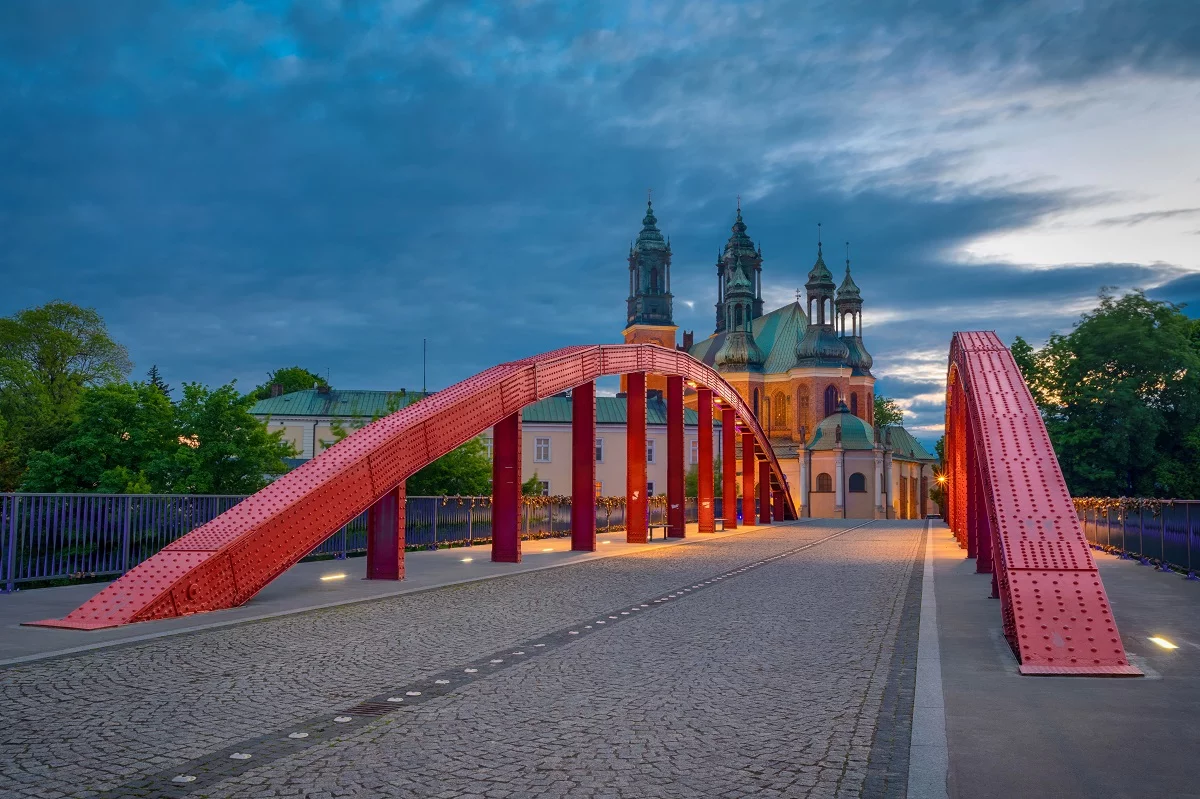
The appeal of the city is the coziness that comes from the low buildings and the narrow streets. You go out on the balcony in the morning with a coffee, and you are greeted by your neighbors, the cleaner, the baker from downstairs, and the letter carrier. Therefore, Poznan disposes to an unhurried way of life and savoring every moment: here I began to hear the birds sing, enjoy the flowering of plants, walk in the park in the rain.
From the disadvantages I can note the same slowness in the work of urban services, such as the Uzhondy, Internet operators, banks. Also, 2-3 times a year Poznan suffers from heavy smog — once a year this city is recognized as the dirtiest in the world.
Actual residential properties in Poznan
Gdańsk
Gdańsk is located on the shores of the Baltic Sea and has a population of just over 470 thousand people. The city has the largest seaport, also has its own airport and railway station. It is very convenient for those who like to travel or go somewhere for a weekend. And also, Gdańsk is considered a city of happy people: 80% of local residents are absolutely satisfied with their lives and describe themselves as happy.
The average salary in Gdańsk is around 5,600 PLN gross (approximately $1,350) per month. Renting a one-bedroom apartment ranges from 1,800 to 2,000 PLN ($430–480) including utilities.
The city continues to address environmental issues: the landfill situation is improving thanks to waste recycling measures, although occasional odors still occur.
Tourism infrastructure is developing, with expanded bike lanes in the Tricity area and improved transport accessibility.
Digital services are being introduced to simplify bureaucracy, but document processing still takes time.
A twist of the city. Gdańsk is the center of the world amber trade. You can buy it in the city in amber jewelry stores, souvenir shops and open street stalls. There is also an amber museum in Gdańsk.
Gala, who has lived in Gdańsk for six years, told us about life in this city:
— Let me start with the pros. First, I like the fact that Gdańsk has the sea. Even though it’s cold and often covered with seaweed in summer, it’s still nice to sit on the seashore at any time of the year, to feel its salty smell and even find amber brought by the waves.
There is a large Russian-speaking community in Gdańsk. Moving to another country is always difficult, but relocation to Gdańsk is facilitated by the fact that there are many «our» people ready to help and answer any question in local chat rooms.
In Tricity it is easy and simple to encounter wildlife in the heart of the city. So, for example, I faced a huge wild boar near the train station (and this is very close to the old town!); foxes are often seen in parks, but several times I saw them in the center (in the Wrzeszcz neighborhood); roe deer I met during my morning jog by the lake next to the house, and a redheaded squirrel was our neighbor and lived in a tree hollow across the street. It’s scary at first, but after a while you begin to react to it calmly, like the Poles, and see wild boars as stray dogs. I think that the ability of people and wild animals to live in harmony is a plus of the city.
In Gdańsk, I often catch myself feeling safe and free. There are rarely any patrolmen on the streets, and the number of conflicts observed in the city is small. Compared to Minsk, Gdańsk seems to have 1% of the traffic guards, and they have basically been standing in the same spots for the past five years. And there are no speed cameras in the city. As told by a Pole I know, there were cameras, but Gdansk citizens collected signatures against them, and the cameras were removed.
It impresses me how cars with blinkers are let through on local roads. For me, it’s still an emotional spectacle, inspiring faith in people. If you’ve seen «Bruce Almighty», there was a scene where the hero was waving his hands in the traffic jam, which is how I see traffic situations in Gdańsk. No matter how big the traffic jam is, if necessary, the flow of cars will change direction in an instant and the ambulance will rush past you unhindered.
The local community is slowly being converted to eco-living and a lot of attention is being paid to this. An interesting fact: if the tenants of a house or a housing complex distribute waste poorly, the firm that picks up the garbage raises the service rate for that particular house/complex.
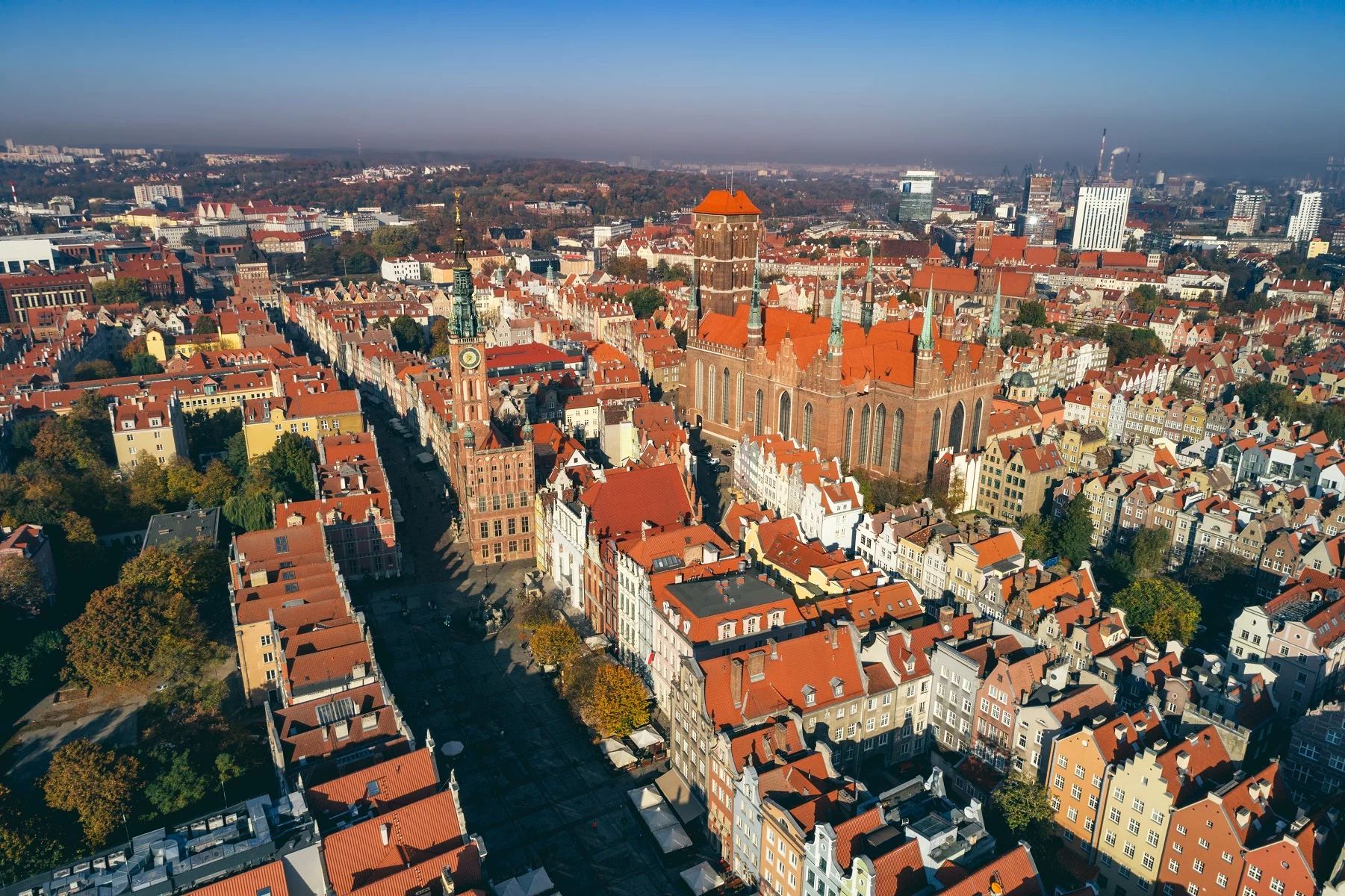
Gdańsk is part of the Tricity conglomeration, which allows you to choose a place to stay according to your mood. If you want action, you go to industrial Stocznia or to ever-touristy, noisy Sopot; if you need peace and quiet, you come to the sea in quiet Gdynia, climb the cliff and watch from above how waves form and disappear from the shore; if you want to feel like a tourist of your city, you are already tasting Polish cuisine in Starówka. And Trójmiasto is also a steep bicycle paths conveniently linking the three towns. Pedestrians, who don’t enter the bicycle zone, are also a joy.
It’s worth mentioning the great pricing for mobile services: here you pay once a month and don’t have to worry about anything. In 5 years in Poland I’ve never had to pay any extra fees, and I always have the Internet on, which I use without any restrictions: I watch movies, YouTube, listen to music.
In Gdańsk you can afford to live well without making millions. Seasonal products (fruits and vegetables) are available here at reasonable prices, and, for example, on March 8, you can buy a huge bouquet of tulips for your sweetheart without going broke. Last winter we bought a tall live Christmas tree for the New Year for 40 PLN (8,44 USD).
The city has plenty of places for entertainment and cultural activities: Philharmonic Hall, water parks, amazing museums, ancient and distinctive churches, parks, historical districts. And then there are a lot of cafes for all tastes and pockets, in each of which you are required to provide a map of allergens in the different dishes. For me personally, it was a pleasant surprise!
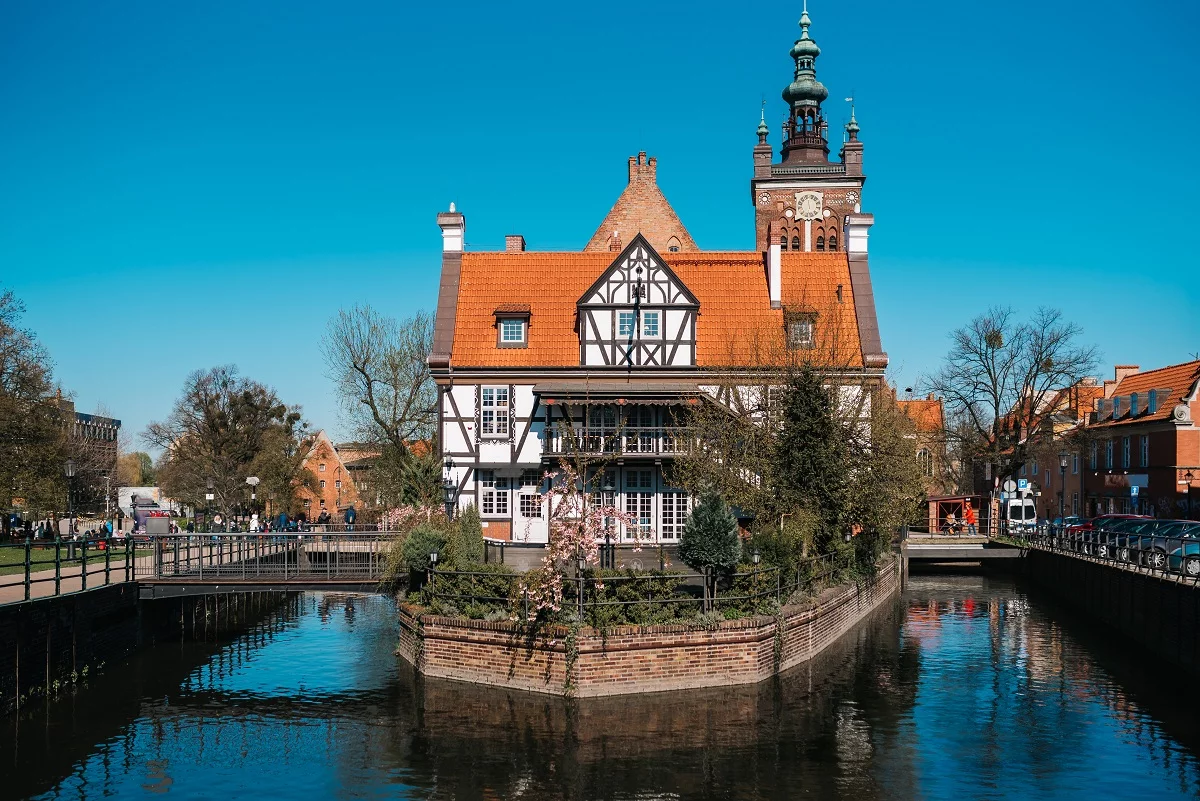
Now I will tell you about the cons. A definite minus is the weather and the constant wind. The main rule in Gdańsk is to take a T-shirt and jacket when leaving home.
There are also problems with the air. On the outskirts of the city, especially in young neighborhoods, there is often a smell of rotten sourness. It’s all the fault of the landfill located near these neighborhoods. The city government has been trying to solve this problem for several years, but the smell is still there.
Difficulties with parking. A spot is hard to come by, especially in Old Town, and the more crowded and less accessible the location, the more expensive the parking will be.
Also, very unusual that the local restaurants are open until 22–23 hours — to walk all night, good food and drink in this area will not work.
Bureaucracy is a special point that will not leave any Polish migrant indifferent. So much has been lived within the walls of the Uzhonds! How many documents were delivered, how many months were waited for, how much money was spent on all the translations. The offices of various affairs (uzhondy) are a separate world, subject to their own course of time. Here everything needs its own paper. And yes, they take away (permanently!) the originals of some documents, like birth and marriage certificates. All in all, a senseless and merciless system.
I would also label as the minuses the crowds of tourists in the summer and on Christmas Eve, the small maternity leave, and the high level of influence of the Catholic Church on the state.
Also, in the case of a dispute (say, if you have guests, and you make noise after 22), the police are more likely to come to you, rather than the neighbors knocking with a request to turn down the noise. On the other hand, this is a plus, of course.
Actual residential properties in Gdańsk
Kraków
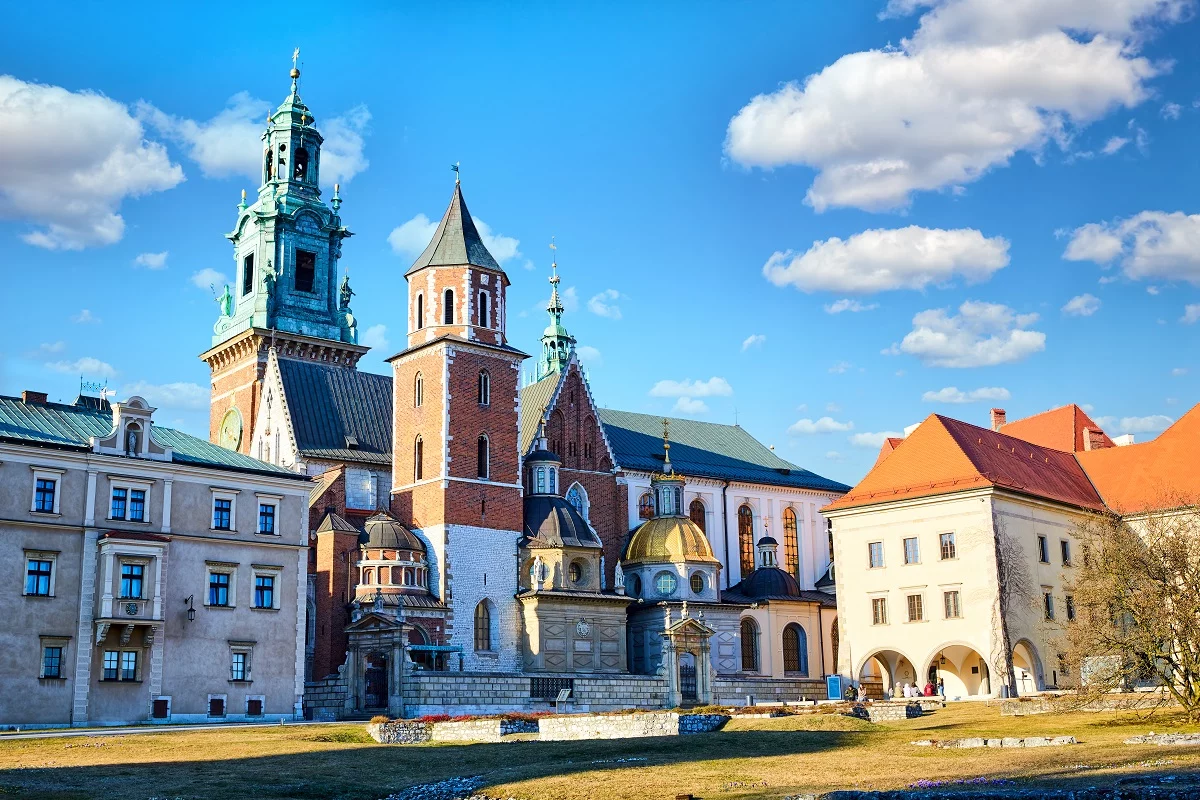
The lively city of Kraków is home for more than 780,000 people. The city is rich in cultural heritage: you can enjoy beautiful medieval architecture, stroll through the Jewish quarter and take pictures at the largest market square in Europe. And Krakow is also beloved by IT people: many companies from the IT sector have been opening here lately.
The average salary in Kraków is about 6,000 PLN gross (around $1,450) per month. Renting a one-bedroom apartment in the city center starts at 2,000 PLN ($480), with utilities bringing the total to about $600–700 per month.
The city is implementing programs to reduce air pollution, including heating system modernization and expanding green areas, but smog problems persist during winter.
Kraków remains an IT hub with new companies and startups opening regularly. Public transport is becoming greener, with more electric buses and bike routes.
A twist of the city. Here is the largest amusement park in Poland Energylandia.
About the positive and negative aspects of life in Kraków told us Masha, who has lived in this city for 4 years:
— Here are the pluses of local life I can confidently point out:
- Kraków has excellent public transportation: you can always get to the farthest point of Kraków, even with transfers. However, you should be prepared for delays and rescheduling.
- I really like the design of the city. There’s a big team working on it here, and in case of any complaints and suggestions, you can write to them directly. I’ve never had any questions like «where’s the trash» or «why is it dirty here?» All the parks are modernly decorated, there are always places and squares where you can sit and relax.
- Architecture... I don’t think there’s anything to explain here, it’s the city of kings after all.
- A rich entertainment program, many museums and exhibition spaces. Art meetings, concerts, workshops, and exhibitions are constantly organized. There is always something to do on your day off.
- It’s nice to have an airport: it’s convenient when you don’t have to go to another city to fly somewhere.
- There are bicycle lanes almost everywhere.
- It’s always safe, even at night.
- Minimal number of homeless people.
- Lots of malls/gyms/stadiums, and there’s also a big zoo, which I highly recommend to visit.
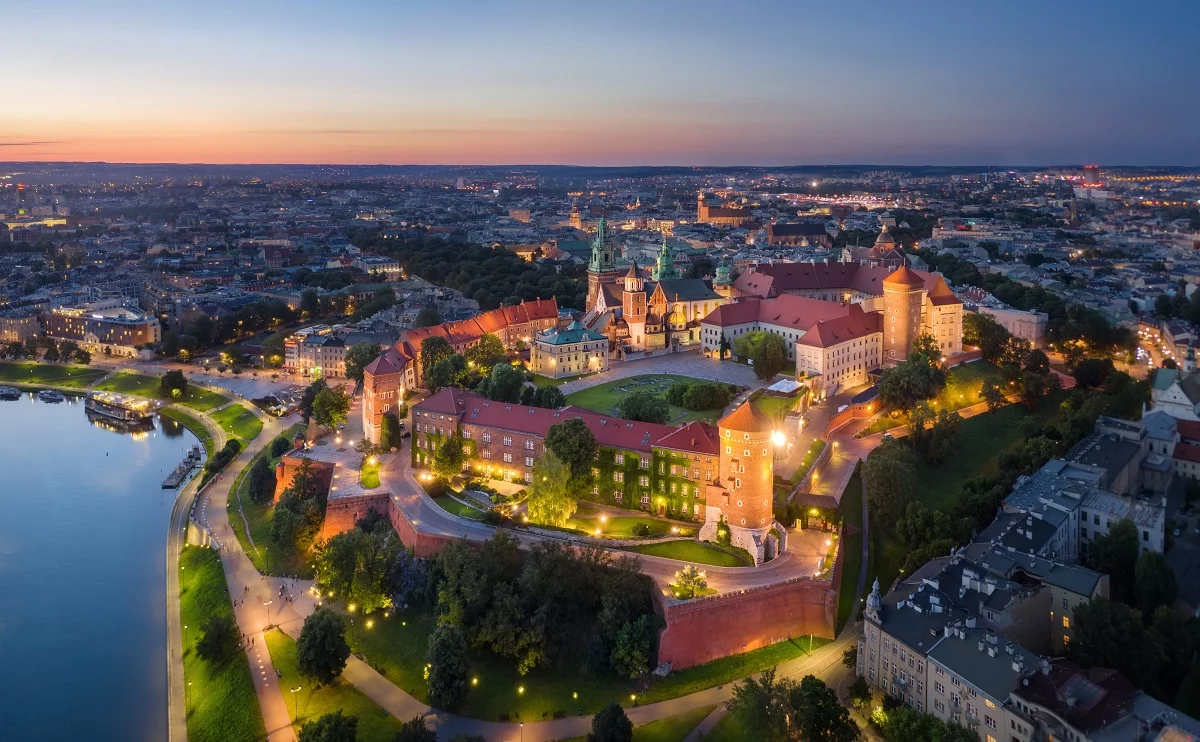
Now about the cons:
- The main disadvantage for me is the air. Kraków is located in the «pit», so there is no fresh air here (everyone has maxillary sinusitis and constant headaches here). Even the number of parks does not save.
- Traffic. Constant traffic jams. Krakow is more suitable for owners of bicycles or lovers of walking.
- There’s not a lot of greenery. As a native of Belarus, it seems to me that there are no trees here at all.
- Smog. In winter, most mornings, walking to work, you see nothing but your feet.
- Fare prices. The trip for 20 minutes costs 4 zl (0.85 USD), in Warsaw for comparison — 3.40 zl.
Actual residential properties in Kraków
Wrocław
Wroclaw is the oldest Polish city (with more than 1,000 years of history), which is home to about 644,000 people. In 2016, Wroclaw was awarded the status of «European Capital of Culture,» so the city has become an even bigger attraction for foreigners. Moreover, it is easier to get to and from other countries by train or car (compared to other Polish cities). It also has its own airport.
The average salary in Wroclaw is about 5,800 PLN gross (approximately $1,400) per month. Renting a one-bedroom apartment ranges from 2,000 to 2,300 PLN ($480–550) including utilities.
Rental and housing prices have increased due to high demand, especially among migrants and international students.
Wroclaw continues to develop cultural and sports events as well as infrastructure, with new bike lanes and electric buses being introduced.
Bureaucratic procedures remain challenging, but electronic services are gradually being implemented to simplify interactions with government offices.
The environmental situation is slightly improving thanks to anti-smog measures and green space development, though air quality issues persist in winter.
A twist of the city. There are more than 600 statues of gnomes in Wroclaw.
Daria, who lived there for six years, told us about life in Wroclaw:
— Wroclaw is very beautiful and diverse: it has its own history, culture, traditions, and a lot of attention is paid to it. It is one of the oldest cities in Poland. For example, in Stare Miasto (the oldest part of Wroclaw), there is a cathedral, founded in the 10th century. However, there are also modern buildings and they are everywhere intertwined with the old — thanks to this, the city has turned out to be mixed in its architectural style.
This city is also called the «Polish Venice» because there are so many bridges (I think about 130) that connect the Odra River flowing here. The romantic atmosphere is also enhanced by walking on the cobblestones on which the nobility once walked, and the lanternman still manually lighting the lanterns.
It should be noted that Wroclaw is quite expensive. Housing prices are high, so even with an average wage on the market, some may not be able to pay the monthly rent. Nevertheless, relocants often choose this city because it is as «western» as possible, and Germany or the Czech Republic are a stone’s throw away.
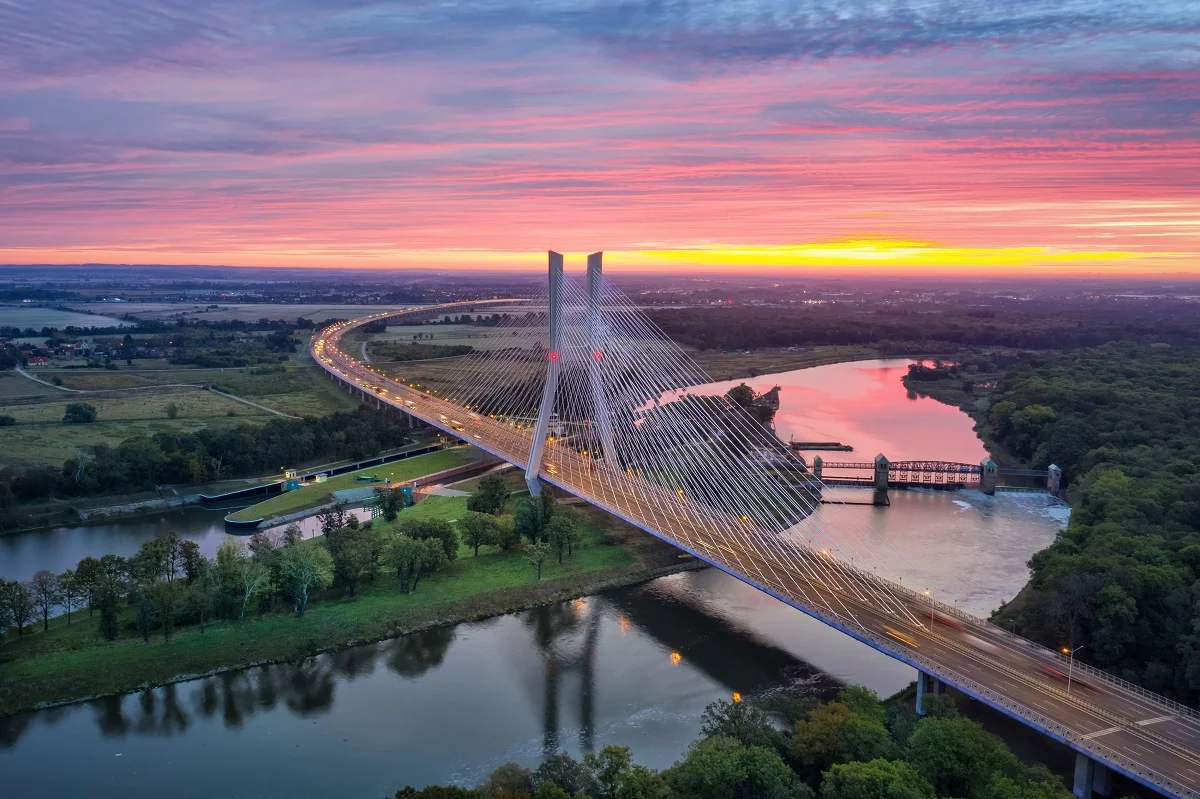
And here's what Vladislav, who has been living there for the past 2.5 years, said about Wroclaw:
— Let me start with a fact that I can’t classify as either a minus or a plus — the large number of foreigners, in particular Ukrainians. Yes, there may be more of them in Warsaw, but in relation to the local population, the number of Russian speakers or people who speak Ukrainian is much stronger here.
Now directly about the downsides. The most painful for me is the work of government institutions. Everything works very, very slowly: from the legalization process, to changing driver’s license and making an appointment with a narrow-minded doctor. My example: I asked the local Voivode for a permanent residence permit in Poland. According to the law, this administrative procedure should not take more than 2-3 months. I have been waiting for the decision for 16 months. During all that time, I have not received a single letter from this body. I applied to almost all instances and even found people who worked in this Dolnośląski Urząd Wojewódzki. Everyone says that there is a complete chaos going on there. Often it turns out that some people wait 3-5 years for their decisions.
Another personal example: I once tried to take advantage of state medicine, attempted to make an appointment with a hematologist, called various medical institutions. The nearest appointment was in 5 months. So now I have purchased medical package in addition to the fact that from each of my salary about 10% is spent on public medicine. That is, every month in the medical field I deduct a decent amount of my income, but in fact to get medical care is a real challenge. In general, in my personal opinion, state structures do not work very well here.
Also because of the large number of foreigners, rental prices in Wroclaw are very high. There was a period when my acquaintances could not find a place to live. Many people who already live here have their rents updated due to inflation, but not as much as for newcomers.
Other disadvantages include traffic jams, a lot of homeless people on the street, and the fact that the city has a lot of concrete and little green (the squares are so hot that special water sprays are put in so people can cool off). One huge problem is the smog that occurs in the winter when coal heating begins.
On the plus side, I can definitely refer to the architecture and infrastructure. In general, the city has so many historical references that one can marvel at it for a long time and learn something new all the time. I also really like the weather: I feel that there are more sunny and warm days than in Belarus.
Wroclaw has a large number of museums, universities, clubs, cafes, libraries. There are always some activities organized by the city. Now, for example, evening «dance parties» are organized, where people of all ages dance on the main squares of the city. You won’t get bored in this city, and at the same time it always stays cozy.
Actual residential properties in Wroclaw
Do you want to share your personal experience of relocating and living in another country? Email us at info@realting.com. We will be happy to tell your story.
Author
I am responsible for editorial work. I write expert interviews and guides.









